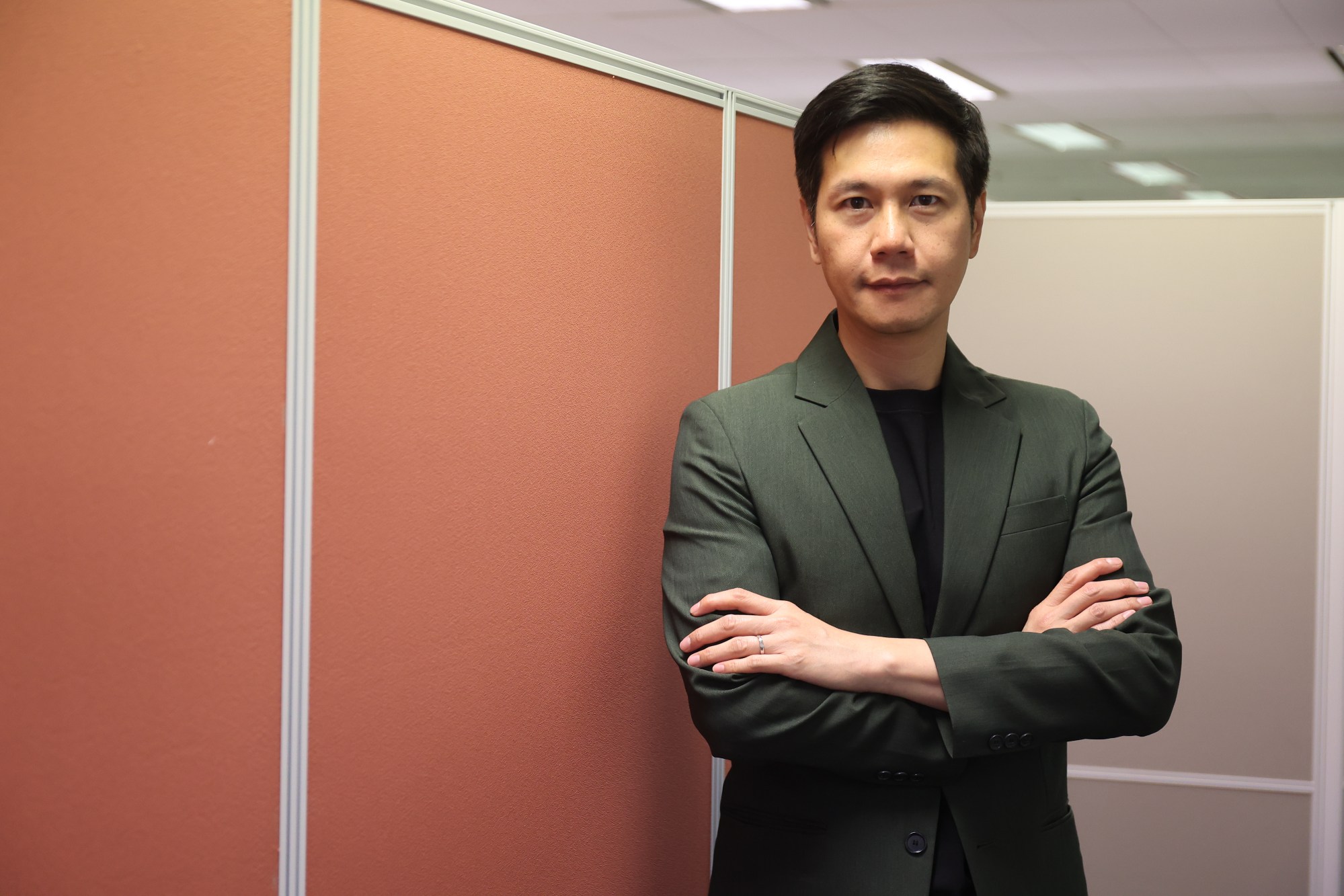Lawmaker appeals for tougher rules for virtual asset exchange shops after young people duped into suspected money-laundering of millions of Hong Kong dollars
Ng, a tech entrepreneur, said the December cases involved several tens of millions of dollars each.

“We have received some cases seeking help, all of which were similar and involved young people and virtual assets,” he added. “They were suspected of conspiracy to commit money laundering.
“We found that these cases have something in common, while society has relatively little understanding of the issue.”
Ng said the victims had trusted friends with personal information and identity details, which were used to open virtual asset accounts abroad and deposit virtual assets of unknown origin.
They later withdrew a large amount of cash through their personal bank accounts in Hong Kong and handed the money over to offline virtual asset exchange shops.
Lawyer Gilbert Ng Man-him said one of the cases involved a man in his 20s, who was asked by someone he trusted to open accounts in non-Hong Kong licensed exchanges to sell virtual assets given to him by the friend.
The man later transferred the income from the sale into his personal Hong Kong bank accounts, withdrew it and gave it to over-the-counter (OTC) exchange shops.
JPEX fallout: Hong Kong leader warns trade should only be on licensed platforms
“Then it started the cycle again … the person earned a very small price difference in the process, while in fact, most of the profit went to the OTC of the virtual assets,” Ng said.
He added the process lasted several months, involved more than HK$100 million. and that police were investigating the case as one of suspected money laundering.
“From the perspective of the victim, these were transactions, but the problem is that from the perspective of money laundering, if the person has doubts about these virtual assets or the source of the cash, he will have to report to police and if he fails to report it, he may commit the crime of money laundering,” he said.
Derek Kwan Yat-chiu, senior operations director at HashKey Group, a licensed virtual asset exchange, said reputable operators had a series of safeguards for verification and assessment before people could open an account.
These included the registration of contact information, submission of identification documents, as well as financial and tax information, and the signing of an account opening agreement.
Hong Kong must address money-laundering risks for crypto changers: customs chief
He said licensed platforms would assess if a person had sufficient understanding of virtual asset trading and check their investment experience through questionnaires.
Kwan added unlicensed operators did not carry out an assessment process.
“When it comes to money laundering, we definitely have supervision,” he said. “Licensed exchanges have many more processes than unlicensed ones.”
Johnny Ng appealed to young people to stay vigilant to prevent themselves from breaking the law by accident.
He also called on the government to regulate offline virtual asset exchange shops, and step up publicity and education on the prevention of money laundering.
The Financial Services and the Treasury Bureau have been contacted for comment.